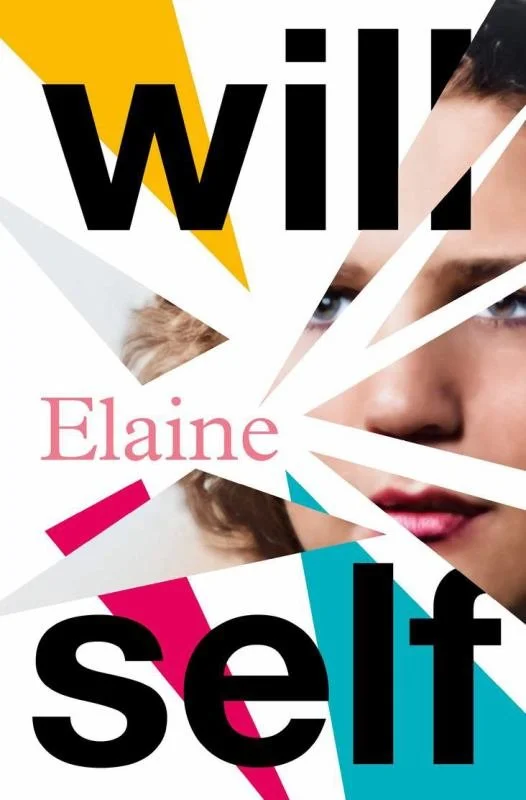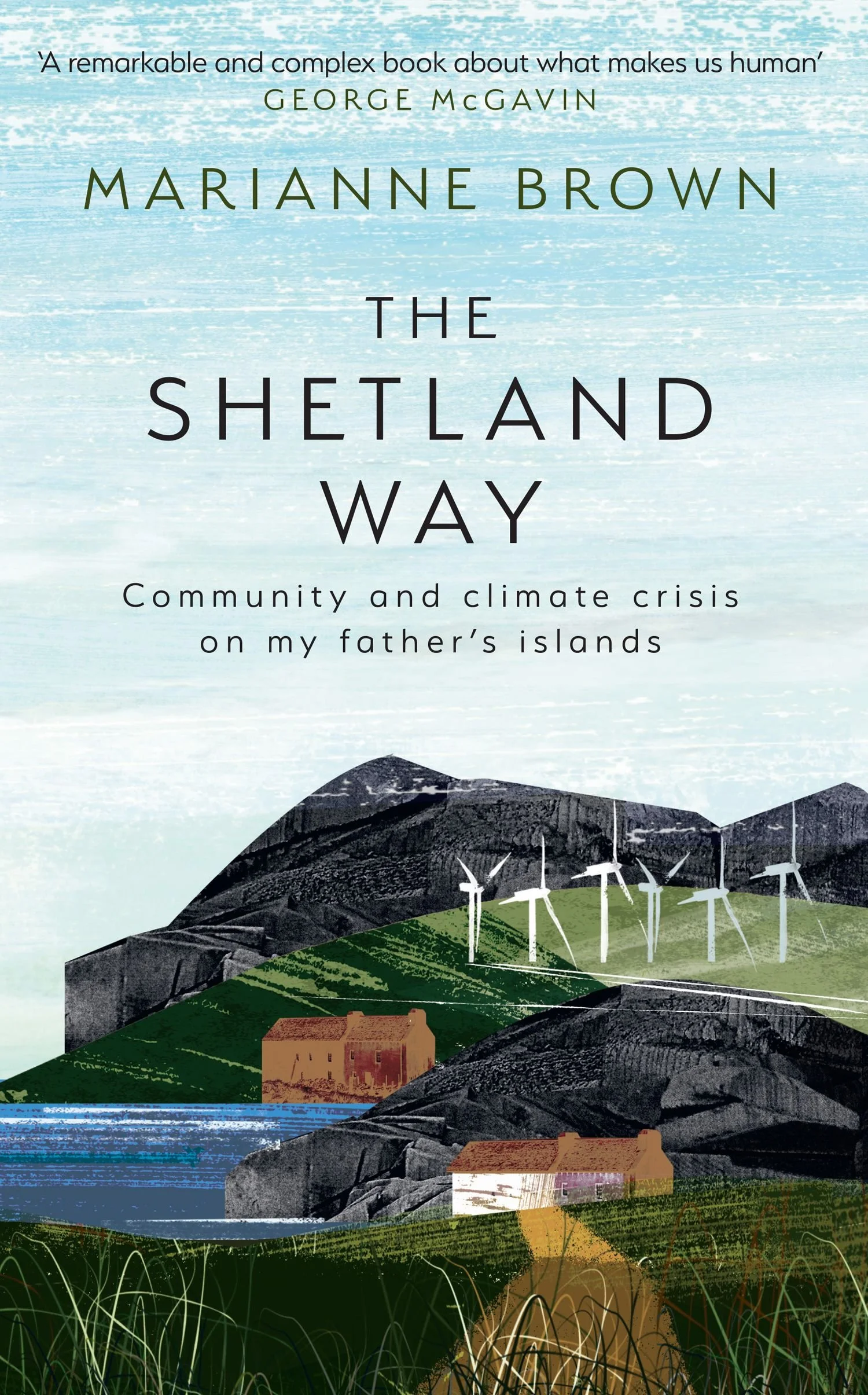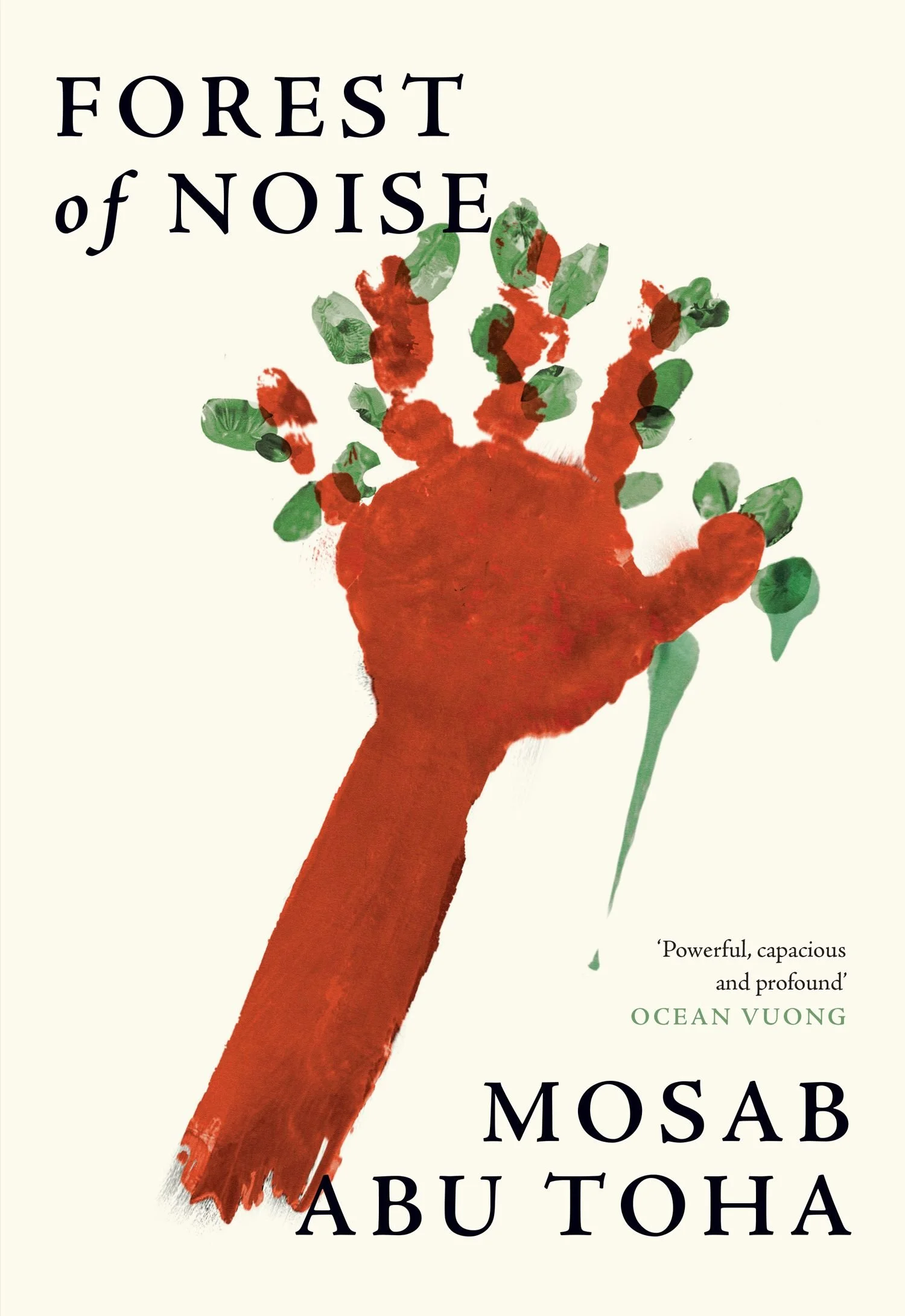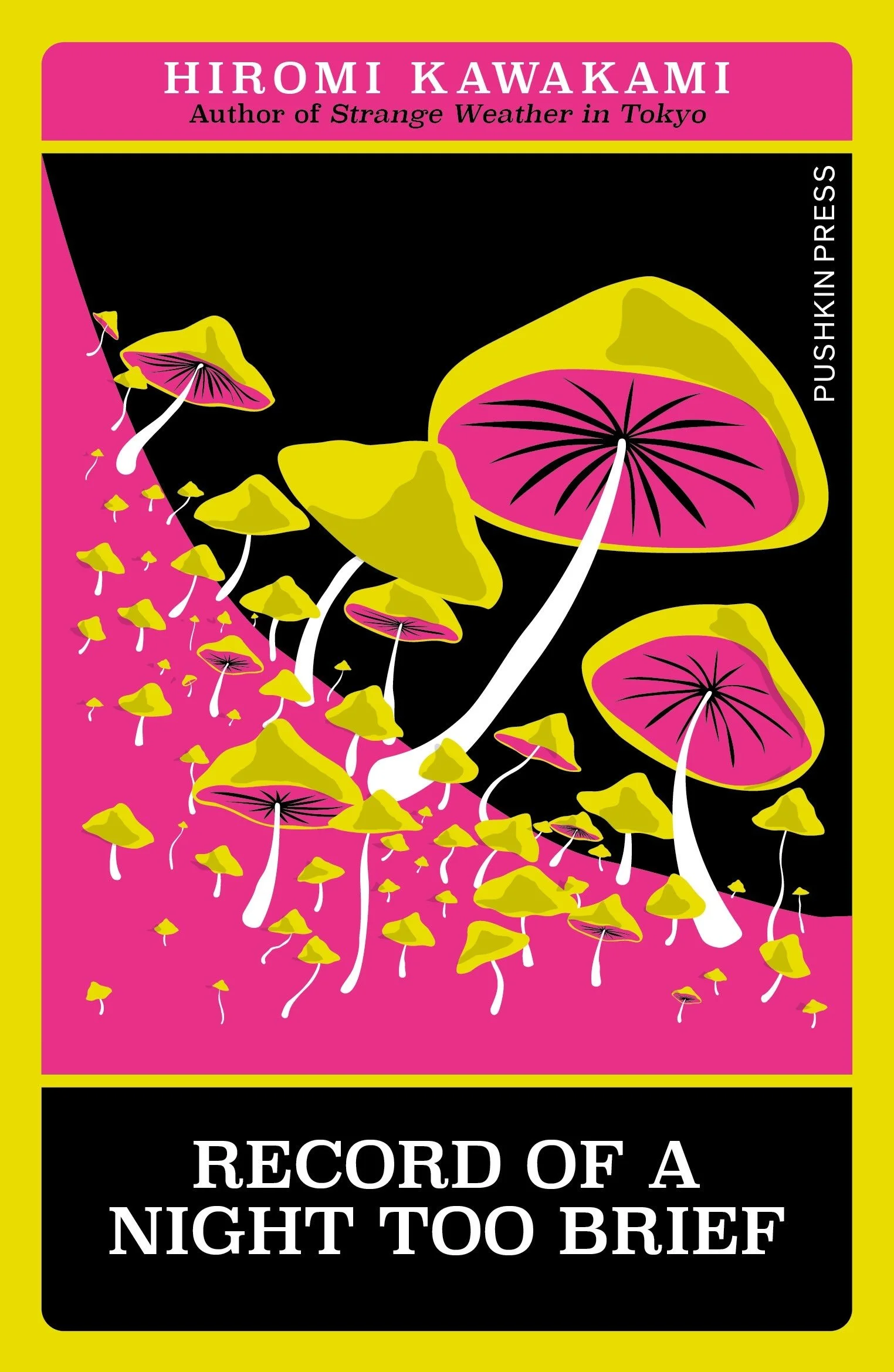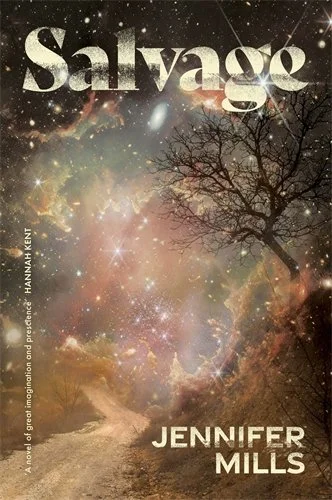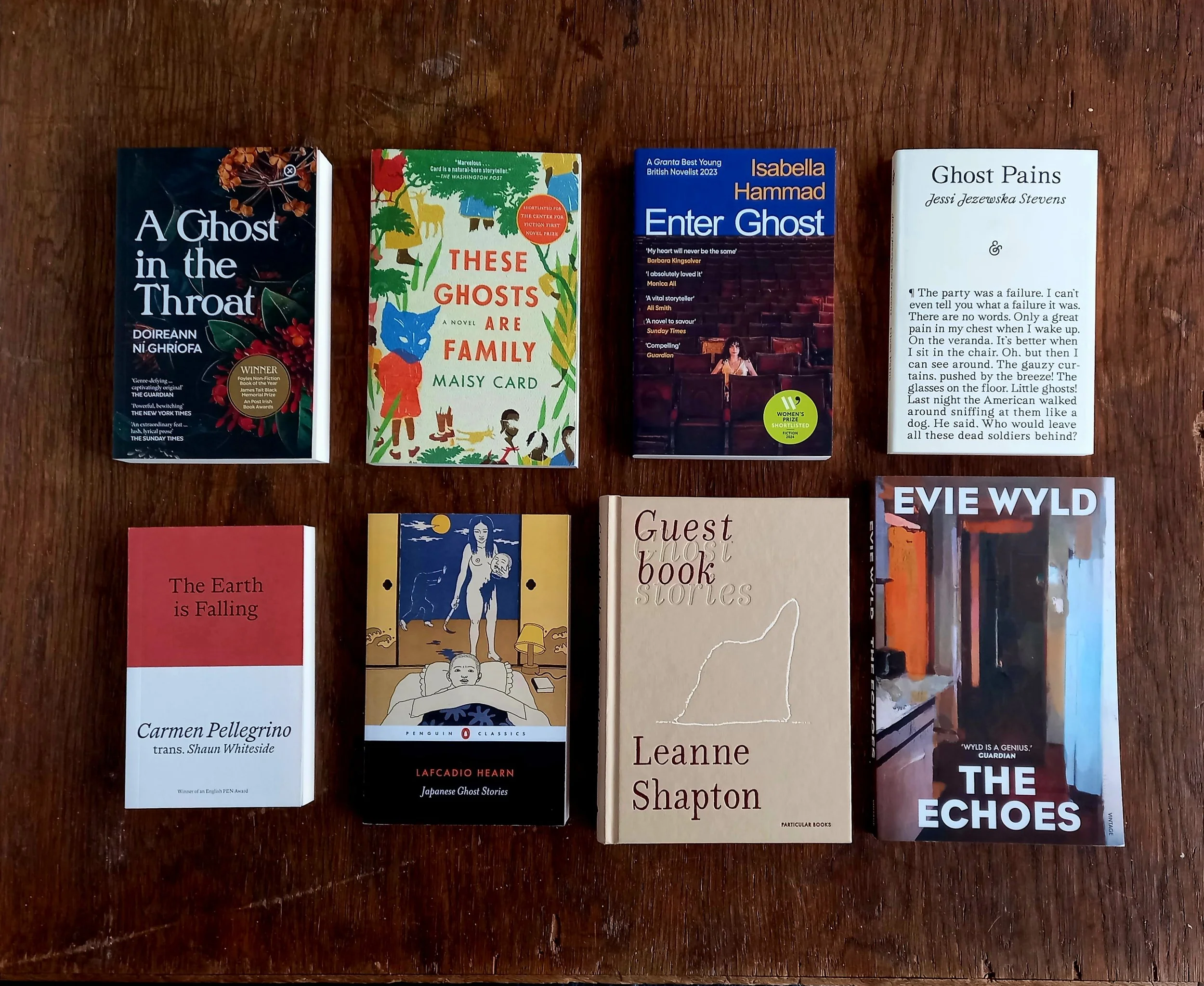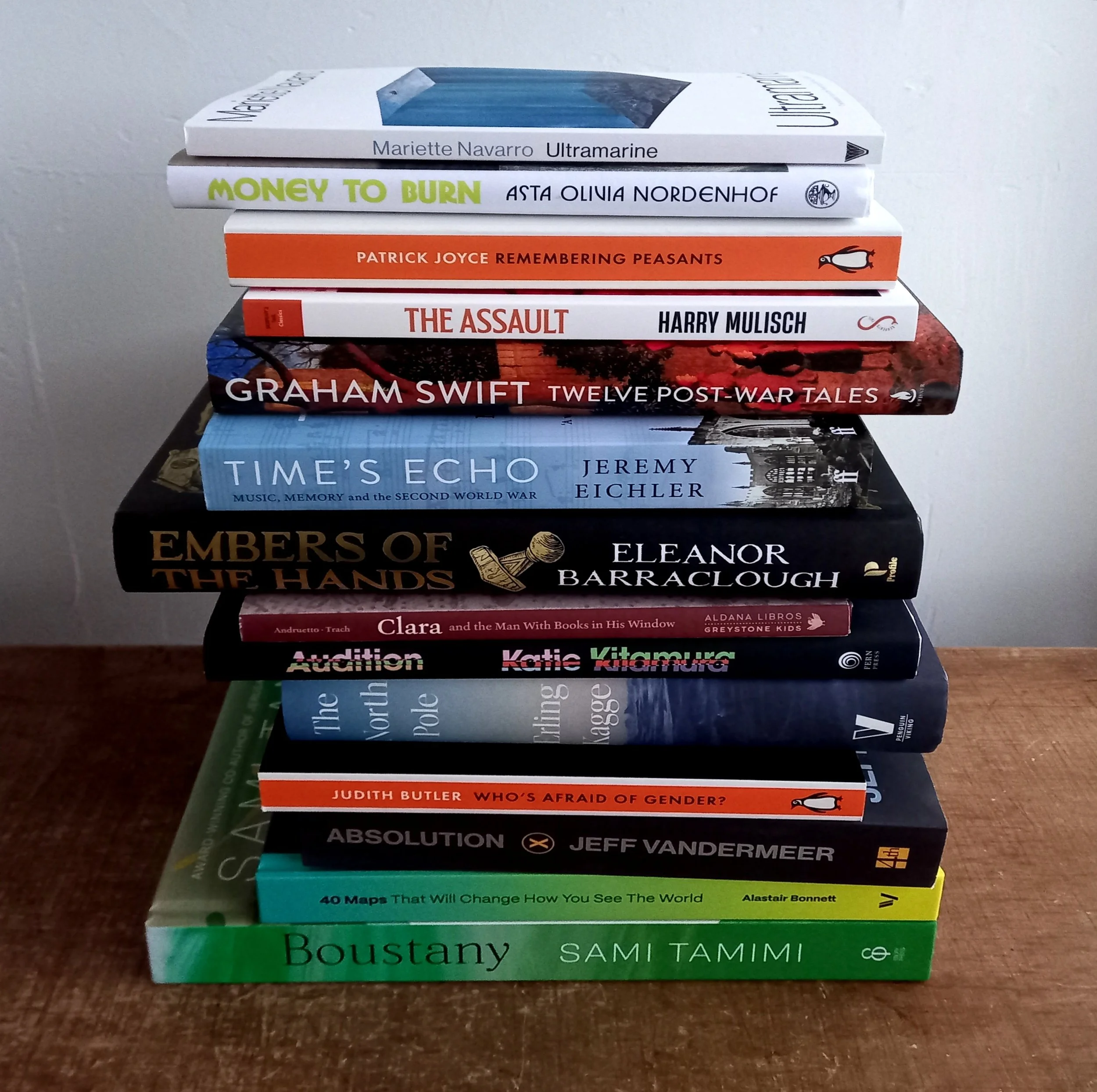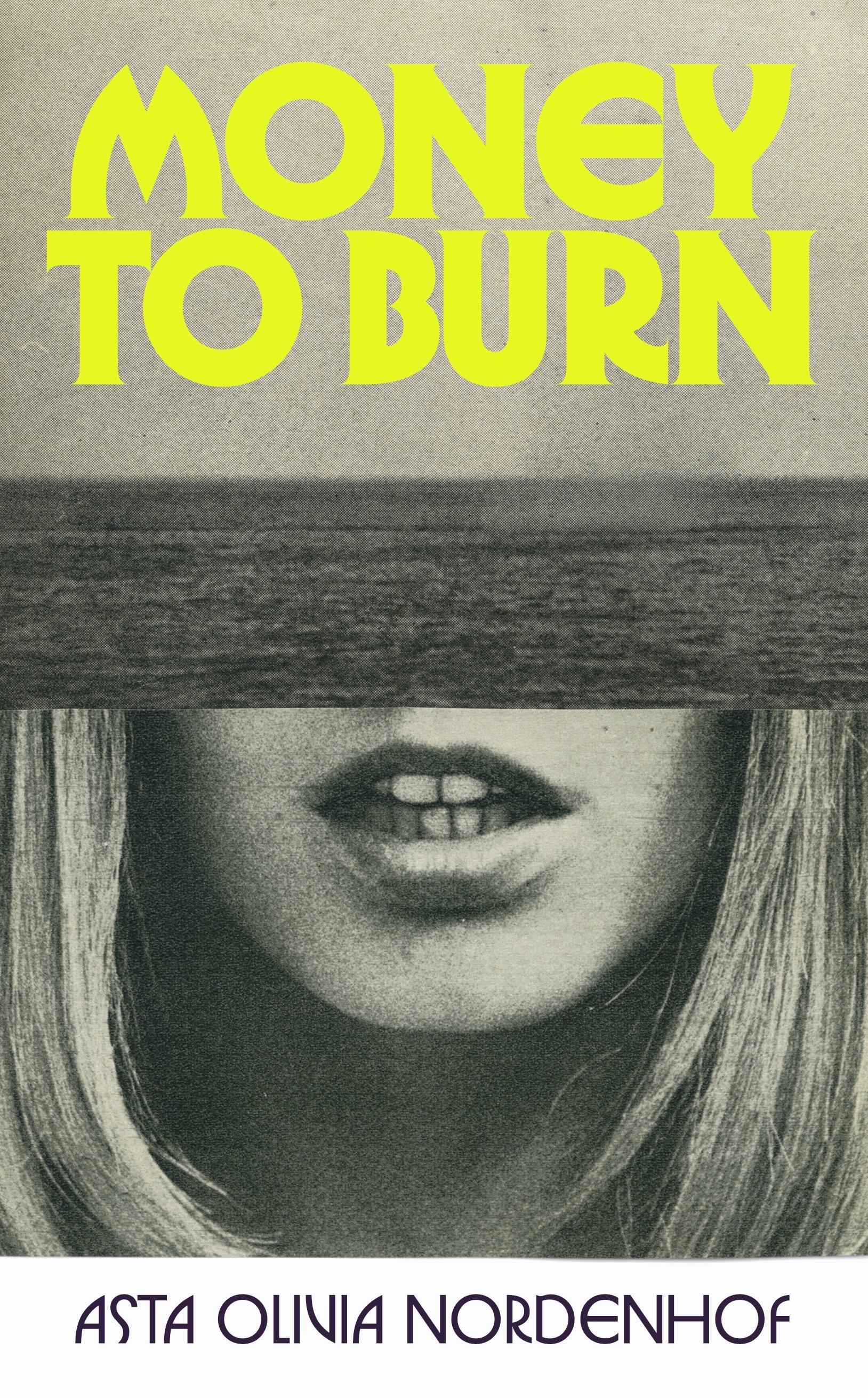Revitalise your reading pile! Click through to our website to secure your copies. We can dispatch your books by overnight courier or have them ready to collect from our door.
The Naked Eye by Yoko Tawada (translated from German by Susan Bernofsky) $37
A young Vietnamese woman is invited to travel from Ho Chi Minh City to speak at an International Youth Conference in East Berlin. On her arrival, as she is preparing to present her paper in Russian on 'Vietnam as a Victim of American Imperialism', she is abruptly kidnapped and taken to a small town on the western side of the Berlin Wall. There she falls under a strange spell of domestic and sexual boredom with her abductor, until one night she manages to escape on a train to Moscow... but mistakenly arrives in Paris.
Alone, penniless, and in a completely foreign land, Anh (her false name) wanders the fringes of society, meeting a sex worker, another Vietnamese immigrant, a theatre troupe and other shadowy characters. But at the centre of her new life is Catherine Deneuve, the iconic film star whose films she loses herself in and who becomes the object of her obsessions. [Hardback]
''Tawada's prose is light on its feet, informal while still feeling deliberate, providing delicate and straightforward descriptions of events that are often complicated and bizarre.'' —New York Times
''Tawada disrupts our perception and reveals the terror and beauty of our world as we get lost in it, and regain our footing through reading her novels.'' —Kit Fan
''Every Yoko Tawada novel pulls the ground out from under us, but gives new senses in return.'' —Madeleine Thien
''Reading Tawada is an immensely fun and occasionally bewildering experience. A blisteringly imaginative writer.'' —Guardian
Samuel Beckett’s ‘Trilogy’:
Molloy (with an introduction by Colm Tóibín) $25
Molloy, a sordid, bedridden vagrant, recalls a long bicycle ride in search of his mother. He describes sucking on stones, falling in love, getting arrested, killing a dog. Moran, a private detective, sets out to look for Molloy. But as Moran's physical and mental state deteriorate, his narrative starts to mirror Molloy's in mysterious ways. [Paperback]
Malone Dies (with an introduction by Claire-Louise Bennett) $25
Malone, a decrepit old man, lies naked in his bed, scrawling bitter observations in an exercise book. He is fed on a bed-table, his chamber pot is emptied, he hooks items with his stick, he looks out of the window. He tells the story of a man, looked after by nurses, taken for an ill-fated picnic on an island in the sea. As his mind disintegrates, so does the novel. [Paperback]
The Unnamable (with an introduction by Eimear McBride) $25
The Unnamable is a voice. Is it curled up inside an urn, on the point of being born, or is it about to die? Haunted by visitors, it weeps. The Unnamable sifts disjointed memories, grapples with the problem of existence and ultimately perpetuates itself through an endless stream of fragmented words. [Paperback]
>>Read Thomas’s review.
These three novels comprise one the great ‘pivots’ of the modern novel and contain within their rigours many new paths both for reading and for writing. Indispensable. Inexhaustible.
Elaine by Will Self $38
Standing by the mailbox in Ithaca, New York, Elaine thinks of her child and husband, an Ivy League academic, inside her house and wonders ...Is this it? As she begins to push back against the strictures of her life in 1950s America, she undertakes a disastrous affair that ends her marriage and upends her life. Based on the intimate diaries Will Self's mother kept for over forty years, Elaine is a writer's attempt to reach the almost unimaginable realm of a parent's interior life prior to his own existence. Perhaps the first work of auto-oedipal fiction. [Paperback]
”An extraordinary portrait of the female soul under the conditions of 20th-century misogyny, Elaine is not just a serious work of art, but an unexpected act of filial generosity.” —Sandra Newman, Guardian
”In magnifying her voice so we too can hear her screams across the decades, Elaine is a son's spectacular attempt to give his mother the agency and freedom she was denied.” —Lucy Scholes, Telegraph
>>Just too heavy.
>>Spun into a novel.
The Library of Ancient Wisdom: Mesopotamia and the making of history by Selena Wisnom $80
When a team of Victorian archaeologists dug into a grassy hill in Iraq, they chanced upon one of the oldest and greatest stores of knowledge ever seen: the library of the Assyrian king Ashurbanipal, seventh century BCE ruler of a huge swathe of the ancient Middle East known as Mesopotamia. After his death, vengeful rivals burned Ashurbanipal's library to the ground — yet the texts, carved on clay tablets, were baked and preserved by the heat. Buried for millennia, the tablets were written in cuneiform: the first written language in the world. More than half of human history is written in cuneiform, but only a few hundred people on earth can read it. In this captivating new book, Assyriologist Selena Wisnom takes us on an immersive tour of this extraordinary library, bringing ancient Mesopotamia and its people to life. Through it, we encounter a world of astonishing richness, complexity and sophistication. Mesopotamia, she shows, was home to advanced mathematics, astronomy and banking, law and literature. This was a culture absorbed and developed by the ancient Greeks, and whose myths were precursors to Bible stories. The Library of Ancient Wisdom unearths a civilisation at once strange and strangely familiar: a land of capricious gods, exorcisms and professional lamenters, whose citizens wrote of jealous rivalries, profound friendships and petty grievances. Through these pages we come face to face with humanity's first civilisation: their startling achievements, their daily life, and their struggle to understand our place in the universe. [Hardback]
”Selena Wisnom's book is a great work of revelatory history, but I was also unexpectedly moved by its measured optimism about the future — for the preservation of the heritage of Mesopotamia, for the ways history rhymes across millennia, and for the library as the heart of any culture worth remembering.” —Emma Smith, author of Portable Magic: A History of Books and their Readers
”Fascinating and rich in detail, this book provides an excellent survey of Mesopotamian literary classics, including the Epic of Gilgamesh, and the ways in which they influenced later cultures and texts, such as the Iliad and the Odyssey. She also offers snippets of daily life, including an account of Ashurbanipal's father, Esarhaddon, getting into a panic because a mongoose had run under his chariot (was it a fatal omen?) and the actual agenda of a meeting.” —Bijan Omrani, Literary Review
”In this remarkable book, Wisnom takes her readers on a spell-binding tour through one of antiquity's great monuments to knowledge: the Library at Nineveh. As she surveys the clay tablets that were buried in a blaze millennia ago, a lost world of learning and literature comes back to life.” —Sophus Helle, author of Gilgamesh: A New Translation of the Ancient Epic
The Shetland Way: Community and climate crisis on my father’s islands by Marianne Brown $48
This is one woman's story of how her quest to make peace with her father's death brought her straight to the heart of a challenging debate about how we save the planet. When Marianne Brown arrived in Voe, Shetland, to attend the funeral of her father, she had packed enough clothes to last a short trip. But this was February 2020, just weeks before the UK's first lockdown, and she would be unable to leave for another six months. Shetland is a place bound together by community, history and culture. But when a huge windfarm is greenlit to export energy to mainland Scotland, it creates rifts between neighbours, friends and even families. One side supports the benefit to a planet spiralling into climate disaster; the other challenges the impact on an environment with an already struggling wildlife population. As an environmental journalist, Marianne is drawn to investigate this story of sustainable energy that is irrevocably tied to her grief. But nothing is ever straightforward, and she soon finds herself on a transformative journey into the heart of a debate that mirrors global concerns about how we save the planet. [Hardback]
”A fascinating insight into a unique place that holds past and future in uneasy tension, written with clarity and rooted in deep affection - not only for the islands but for the broader land and elements on which we all depend.” —Observer
”As she weaves her clear love of Shetland lore and history with the clear-sightedness and functional gaze of a climate expert.” —The Times
The Forest of Noise by Mosab Aby Toha $28
Barely 30 years old, Mosab Abu Toha was already a well-known poet when the current assault on Gaza began. After the Israeli army bombed his house, pulverising a library he had painstakingly built for community use, he and his family fled for their safety. Not for the first time in their lives. Somehow, amid the chaos, Abu Toha kept writing poems. These are those poems. Uncannily clear, direct and beautifully tuned, they form one of the most astonishing works of art wrested from wartime. Here are directives for what to do in an air raid and lyrics about the poet's wife, singing to his children to distract them. Huddled in the dark, Abu Toha remembers his grandfather's oranges and his daughter's joy in eating them. Here are poems to introduce readers to his extended family, some of them no longer with us. Moving between glimpses of life in relative peacetime and absurdist poems about surviving in a barely liveable occupation, Forest of Noise invites a wide audience into an experience that defies the imagination - even as it is watched live. This is an extraordinary and arrestingly whimsical book, that brings us indelible art in a time of terrible suffering. [Hardback]
”A glimpse into life in a besieged Gaza and what it's like to survive and find care, even hope, under the most dire of conditions.” —New York Times
”If literature has any power to change the world or resist injustice, I think it must lie in the astounding poems of Mosab Abu Toha.” —Noreen Masud
Human/Nature: On living in a wild world by Jane Rawson $36
Everything we think about nature is deeply cultural. And much of what we imagine is based on outdated, irrelevant, or out-of-place beliefs. How are these ideas affecting the way we live in the world, and do we have any hope of changing them? If you've ever asked yourself whether humans are ruining nature, whether there's a better way for us to belong, or whether it's possible to love both the environment and your cat, you're not alone. This lyrical, contemplative book is for anyone who has ever wondered where they fit in the natural world. [Paperback]
”In this funny, provocative and profoundly moving book, Jane Rawson brilliantly unravels the myths about the boundaries of the human and the non-human, the natural and the unnatural, and love and death that shape our thinking about not just the environment, but our history and the future that is already overtaking us. Read it: it's utterly marvellous.” —James Bradley
”Idiosyncratic and wily, big-hearted and brave, Human/Nature is an exhilarating deep dive into what is deemed ‘nature’, what is worth saving, and who gets to decide. Part confessional, part philosophical inquiry, part lament, this book takes us on a rollicking ride.” —Jessie Cole
>>A book of questions.
The Living Stones: Cornwall by Ithell Colquhoun $28
British Surrealist artist Ithell Colquhoun arrived in Cornwall in the late 1940s, searching for a studio and a refuge from bombed-out London. So began a profound lifelong relationship with Britain's westernmost county, a land surrounded by sea and steeped in myth, where the ancient Celtic past reaches into the present. Sacred and beautiful, wild and weird, Colquhoun's Cornwall is a living landscape, where every tree, standing stone and holy well is a palimpsest of folklore — and a place where everyday reality speaks to ‘the world beyond’. [Paperback]
”Colquhoun's unique artistic vision shines through like at no time in recent history.” —Art UK
”Colquhoun's time-travelling survey of Cornwall's culture and history brings ghosts and dead landscapes to life all around you.” —Stewart Lee Painter
>>Between worlds.
Old Gods, New Enigmas: Marx’s lost theory by Mike Davis $30
Mike Davis spent years working blue collar jobs and sitting behind the wheel of an eighteen wheeler before his profile as one of the world's leading urbanists emerged with the publication of his sober, if dystopian survey of Los Angeles. Since then, he's developed a reputation not only for his caustic analysis of ecological catastrophe and colonial history, but as a stylist. Old Gods, New Enigmas is Davis's book-length engagement with Karl Marx, marking the 200th anniversary of Marx's birth and exploring Davis's thinking on history, labour, capitalism, and revolution — themes ever present the early work from this leading radical thinker. In a time of ubiquitous disgust with political and economic elites, Davis explores the question of revolutionary agency — what social forces and conditions do we need to transform the current order? — and the situation of the world's working classes from the US to Europe to China. Even the most preliminary tasks are daunting. A new theory of revolution needs to return to the big issues in classical socialist thought, such as clarifying ‘proletarian agency’, before turning to the urgent questions of our time: global warming, the social and economic gutting of the rustbelt, and the city's demographic eclipse of the countryside. What does revolution look like after the end of history? [Paperback]
Record of a Night Too Brief by Hiromi Kawakami (translated from Japanese by Lucy North) $25
”The nightingale sang again. The plates on the table gleamed, and the food, in all its ceaseless variety, breathed, glossy and bright. The night had only just begun.” In these three haunting and lyrical stories, three young women experience unsettling loss and romance. In a dreamlike adventure, one woman travels through an apparently unending night with a porcelain girlfriend, mist-monsters and villainous monkeys; a sister mourns her invisible brother whom only she can still see, while the rest of her family welcome his would-be wife into their home; and an accident with a snake leads a shop girl to discover the snake-families everyone else seems to be concealing. [Paperback]
”Slippery and unfamiliar places where logic is internal and surreal give the reader the strange sense of being led through a collection of dreams.” —Asymptote
>>Other books by Hiromi Kawakami.
Hineraukatauri me Te Aro Pūoro by Elizabeth Gray and Rehua Wilson $22
This story in te reo Māori charts the journey of Hineraukatauri: a cocoon/chrysalis who has entered a new realm, the human world, without their voice. It’s dark and wet, Ranginui and Papatūānuku have not yet separated or are in the process of having their offspring create space between the two. In visiting each of the offspring, they gift Hineraukaturi a different component or aspect of music, ultimately her voice, represented in the shape of the Pūtōrino. Renowned musician and composer, Hirini Melbourne happens across the shape, and his breath, in playing it, gives life to all the gifts as he makes beautiful music through this instrument. [Paperback]
Listed for the 2025 New Zealand Book Awards for Children and Young Adults.
>>Look inside.
Salvage by Jennifer Mills $38
Two estranged sisters reconnect in the aftermath of ecological and social collapse, in this work of suspenseful, deeply human literary speculative fiction. They drift in their sleep, waiting for something. The end of the world, or another escape. But the world is still here. There's no escaping it. Jude's life has been about survival. She works on rebuilding — fixes roofs, trucks supplies, transports refugees. Tries to stay free from attachments and obligations. But Jude won't talk about her past. Or her sister Celeste, lost in the tragic failure of a space station that was supposed to save her, and the other ultra-rich, from the wreckage of a dying world. When an escape pod falls from the sky, its passenger near death, Jude knows her anonymous existence can't continue. As the fragile peace of her community is put at risk, Jude must re-examine the terms of her survival — and her exile. Salvage is a gripping novel of literary speculative fiction that asks: what does it mean to care for each other, after the end of the world? [Paperback]
>>A better way of living.
Granta 170: Winners edited by Thomas Meaney $37
It's not whether you win or lose, it's how you play the game. Any schoolchild can smell the rat in the adage. Everybody knows a game is not worth watching unless the players are trying to win — unless someone is willing to risk the high tackle, smash the serve, steal the base, or throw the knock-out punch. The winter issue of Granta explores how ideas about winning and competition suffuse modern society. We return to the magazine's tradition of sports writing. Articles include Nico Walker on the rise and fall of American football — from Jim Thorpe to Deion Sanders; Clare Bucknell on the history of tennis; and Declan Ryan's report from a boxing match between British heavyweights Anthony Joshua and Daniel Dubois. Fiction includes very short stories from Caryl Churchill and Kathryn Scanlan; two stories set in hospitals by Benjamin Nugent and K Patrick; Mircea Cartarescu on an archipelago infested with angels, and Edward Salem on nights out in the West Bank. Photography from the Israeli bombing of Beirut by Magnum photographer Myriam Boulos, from the Isle of Wight by Tereza Cervenov, and of the U.S. military's global adventures by veteran photographer An-My L. [Paperback]
>>Look inside.






